39 how music labels work
11 Best Music Licensing Companies 2022 That Can Get Your Music Placed They serve some of the world's biggest clients in TV, film, radio and more. Jingle Punks offers artists an exclusive agreement. Artists get to keep 50% of sync licensing fees. They require that all tracks be fully produced (mixed and mastered). They don't accept cover songs, demos or works in progress. 70s Motown: How "The Sound Of Young America" Came Of Age Coming of age. That tells a story in itself. In the second half of the 70s, the label seemed to drift. While Motown should have been a shoo-in for disco dominance, Diana Ross was a touch too ...
Record Label Management & Promotion | Work - Chron.com A record label manager job description is multi-faceted, and these professionals carry a wide range of responsibilities on their shoulders. According to the educators at Berklee College of Music, these managers coordinate the activities of different departments to navigate musical projects from start to finish.This coordination all has to be done according to schedules and budgets that the ...

How music labels work
HOW DO RECORD LABELS TURN A PROFIT? - Recording Connection Record labels make money when their music is purchased or licensed for use. When an artist gets signed to a label they get money, called an 'advance,' to make a record. When the record is released, the label keeps all the money until they have recouped their expenses, which includes the advance, recording costs, promotion, and legal fees. Record Labels Run By Musicians: 11 Artists Who Did It Their Way Roc-A-Fella Records (Jay Z) It's remarkable to think that one of the most significant record labels run by musicians started in the face of adversity. After failing to catch the interest of ... Record Labels Versus the Internet: The state of the music industry in ... Arguably, record labels do. The standards set by record labels can be soul crushing for artists, and before the internet, many artists were filtered out if they couldn't survive the pressure. Most artists started out unrefined, but their raw talent was banged into shape by the grueling process of getting a record deal.
How music labels work. What Are the Job Positions in a Record Label? | Work - Chron One of the roles in a record label known as the artist relations manager keeps communication lines open between the label and its talent, according to a Berklee College of Music career overview. If... 2022 Record Labels ACCEPTING Demos from Artists Strut Records is a UK-based record label handles artists who are into dance music and afrobeat. They are dedicated in reliving the old dance music, promoting and packaging underground disco and discovering killer dance songs that can capture the upbeat audience. They also work with !K7 to extend their network. How Spotify royalties actually work - Hypebot When you stream music made by an artist signed to a major, Spotify pays the label directly, and then they distribute the money or count it towards the artist's recoupment of any money they owe. Joining A Music Record Label: The Steps You Need To Take Small indie labels share the majority of royalties with 50% of them. In this case, the label receives 50% of net sales, and the artist receives the other 50%. If you do not want to give your artist a more lopsided royalty, you can offer a more generous percentage, something like 35% for the label and 65% for the artist.
A Complete Guide to Music Distribution Companies | Soundcharts Those are the two core roles of the distributors — getting the artist's music out there and passing down recording royalties back to rights owners. However, that doesn't mean that all of the distributors stop there. On the contrary, most players on the market have expanded their offer far beyond these basic aggregation services. 3. The Music Industry Is Built on Artists, but Shuns Creators Consider how musicians emerged in the 1980s: an artist would typically build a local following via shows and radio, attract the attention of label A&Rs, get signed to a deal, and then be pushed to the mass market via top-down marketing, including label-driven promo tours, radio interviews, and MTV. How TikTok is changing the music industry - Business Insider Jul 7, 2022, 8:39 AM. TikTok has become a go-to platform for discovering new music. Record labels, music marketers, artists, and other creators are all flooding the app with songs. Here's a full ... A Guide To Music Intervals: The Gaps Between The Notes An interval in music is defined as a distance in pitch between any two notes. The larger the interval between two notes, then the greater the difference in pitch between the notes. And vice versa, the smaller the interval between two notes then the smaller the pitch between the notes. There are three parts to the way we describe an interval:
What Are Music NFTs? How Do They Work? - BeInCrypto How do music NFTs work? The principle behind music NFTs is the same when it comes to sales or production. The musician or band decides what content they want to offer their fans. This could be merchandise, concert tickets, audio files, etc. Then, they will choose the blockchain on which to mint their NFT. They will choose which NFT platform to use. The Latest Japanese Music Industry Stats & Trends [2019 ... - Soundcharts Structure of the Japanese Music Industry. Total revenues of the music industry are estimated at $7 billion, generated by 3 main sub-industries: live, recording and publishing. Over 90% of all live and recording revenues come from domestic acts, while publishing is considered the most foreigner-friendly part of the industry with 20-25% of ... 9 Music Marketing Strategies That Work In 2022 They work on creating strategies to market your music and then putting those strategies into practice. As record labels have bigger teams, they can push out campaigns often 10 times or more faster than an independent artist can. So what's the solution to get some of that speed on your side? Easy, get others to help you! NFT Record Label meaning: How does a NFT Label work with music? How does a NFT Label work with music? What an NFT in music allows is for guaranteed ownership of a unique asset, so this could be the original recording of a song. Musicians in the NFT world are...
Best Indie Record Labels Of All Time: 20 Imprints ... - uDiscover Music One of the best indie record labels to come out of NYC in recent years, this strictly old-school Brooklyn imprint was founded in 2008 by Mike Sniper. Specializing in limited-edition colored vinyl ...
NFT Art and Music: Blockchain Music Use Cases | Gemini Music is a highly centralized industry, and three major record labels — Sony, Universal, and Warner — control the lion's share of the industry with an estimated 66-80% of market share, a figure that varies slightly from year to year.
22 Great Careers in Music (Even Cool Jobs for Non-Musicians) 3. Artists' and Performers' Manager. Performers want to focus on their music. At the onset of their careers, they may have to juggle the business aspects themselves. But when they become more successful, most musicians are happy to hand off those administrative and management duties to a qualified professional.
Music Streaming Royalty Payments Explained: How Song ... - Billboard A 20% royalty for the artist is not uncommon, which works out to about 16% of the total audio stream value going to the artist with 64% going to the label. That money won't, however, necessarily ...
Music group Believe advises clients how to work around Russia sanctions ... The position adopted by Believe, which serves artists and independent music labels around the world to build popularity via social media and put their work on streaming platforms such as Apple...
Music Publishing Explained | DIY Musician Any time a song you composed is played in public - via a live performance or on the radio or through speakers at a restaurant - that "performance" generates a corresponding performance royalty. These royalties are collected by the performing rights organization (PRO)in which that performance took place.
HOW TO GET A RECORD DEAL - Recording Connection 2. Build a Fanbase and Build Momentum. Record labels today take more interest in an artist or band if they're already demonstrating a level of success. Play lots of live shows, develop a social networking presence, put your songs on YouTube, SoundCloud, and Apple Music, and get your fans excited about what you're doing.
9 Most Important Contracts In The Music Industry | iMusician Between: A label/independent artist and a distributor; Duration: Between 1 and 5 years; Distribution contracts are usually signed between record labels and distributors. This may be one of the reasons why record labels seem attractive to musicians - they take care of the extensive background work, but, traditionally, for the price of their ownership rights.
What Is Record Label Marketing: The Changing Music Business - Billboard As labels and the media landscape evolve, marketing music and artists has, too. Six executives break down how they do their jobs. By Dan Rys O n Jan. 7, YSL/300 Entertainment released Gunna's third...
How Does Music Streaming Work? [+ 5 Current Music Streaming Trends] Music streaming works in a very simple way: a streaming service delivers data to a streamer in small amounts so that the user can get pre-buffered music that has been pre-buffered a few minutes or even seconds before playing a song.
Record Labels Versus the Internet: The state of the music industry in ... Arguably, record labels do. The standards set by record labels can be soul crushing for artists, and before the internet, many artists were filtered out if they couldn't survive the pressure. Most artists started out unrefined, but their raw talent was banged into shape by the grueling process of getting a record deal.
Record Labels Run By Musicians: 11 Artists Who Did It Their Way Roc-A-Fella Records (Jay Z) It's remarkable to think that one of the most significant record labels run by musicians started in the face of adversity. After failing to catch the interest of ...
HOW DO RECORD LABELS TURN A PROFIT? - Recording Connection Record labels make money when their music is purchased or licensed for use. When an artist gets signed to a label they get money, called an 'advance,' to make a record. When the record is released, the label keeps all the money until they have recouped their expenses, which includes the advance, recording costs, promotion, and legal fees.
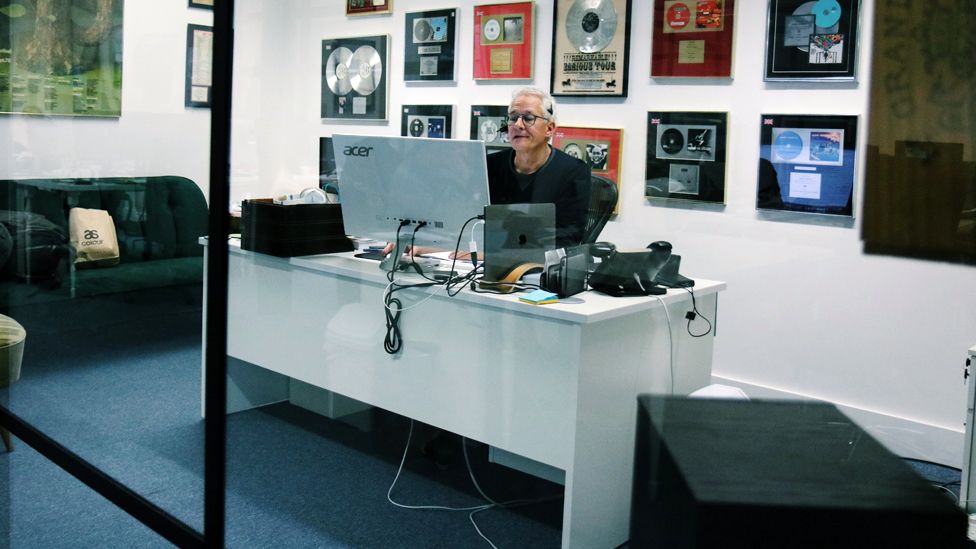

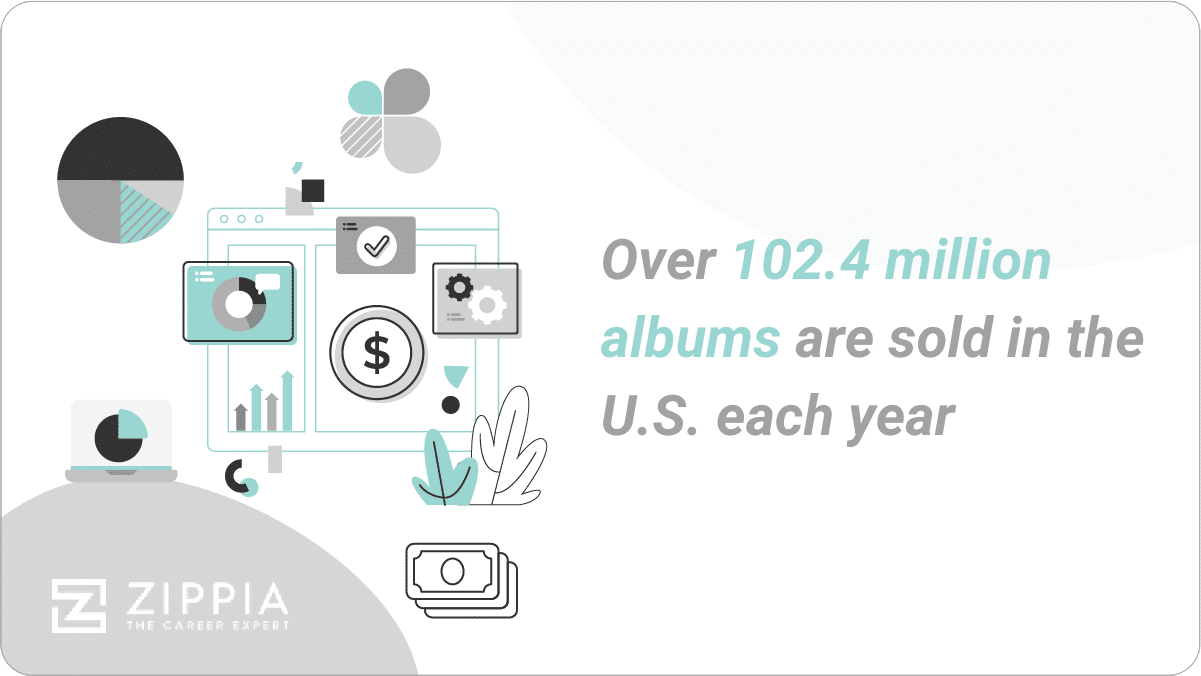

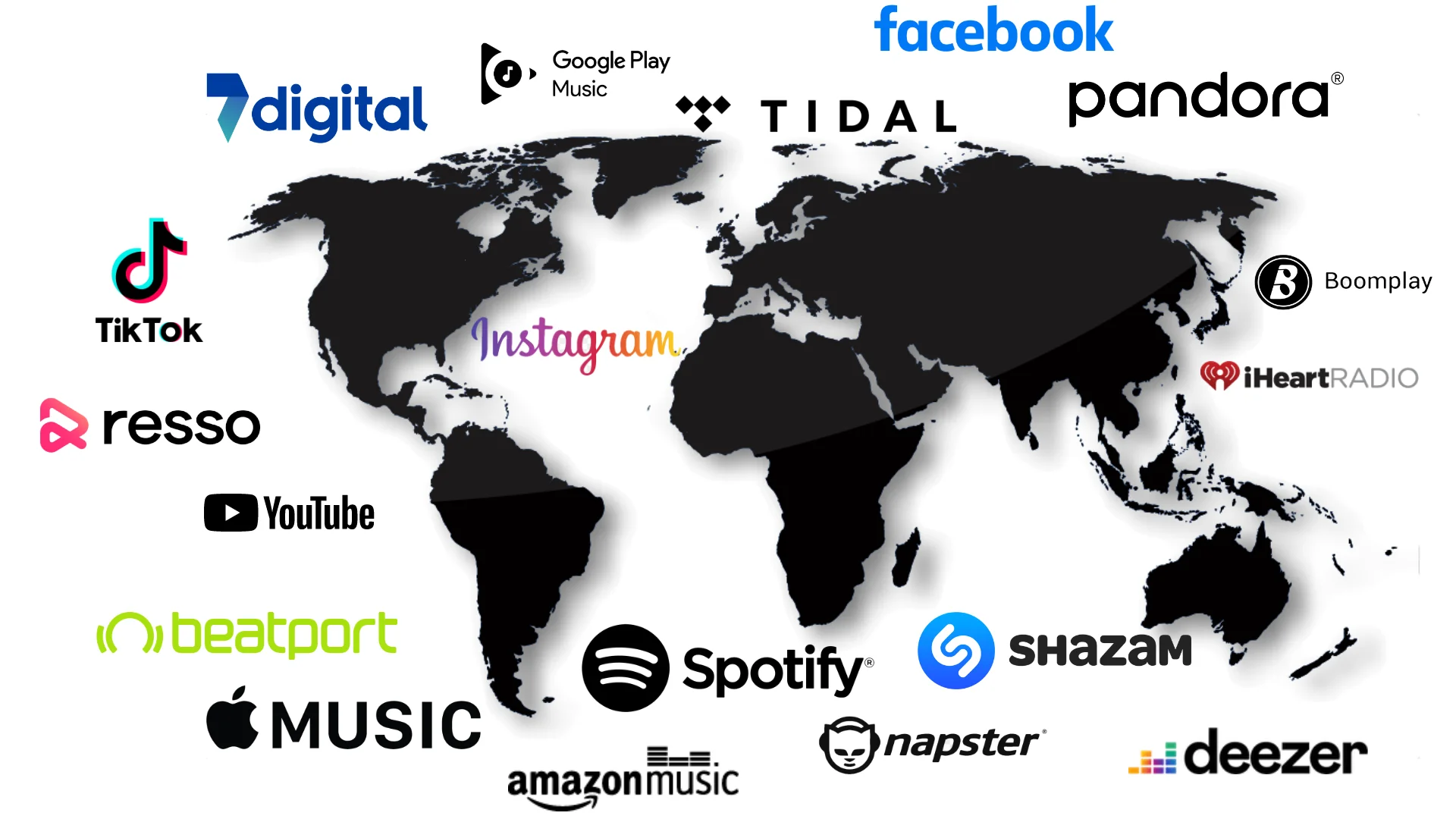

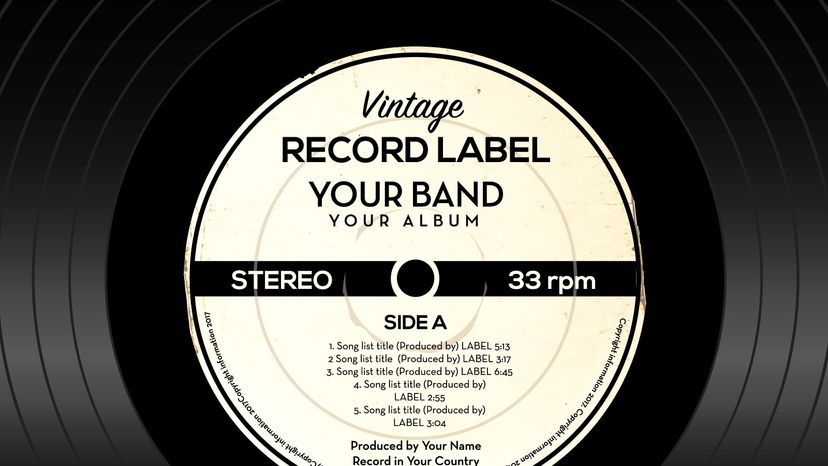
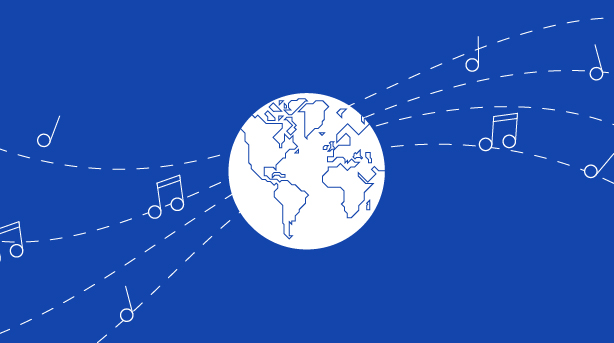
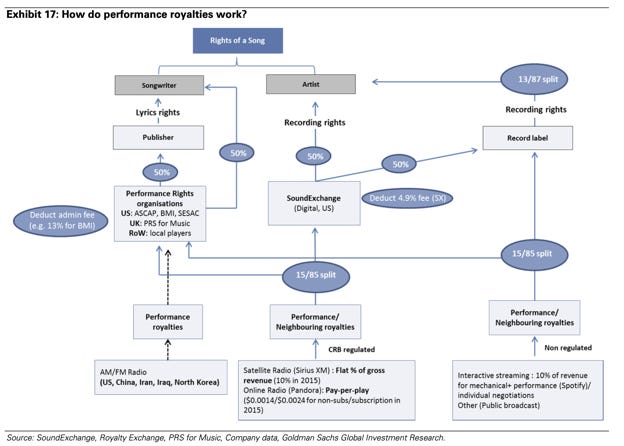
![How Do Record Labels Work? | 2021 [Free Guide]](https://images.squarespace-cdn.com/content/v1/5e2105e04be93e7c47a44009/1601996000071-NKOIPFXTJGZOTXA3K8TO/Free+Guide+for+Indie+Record+Labels.jpg)
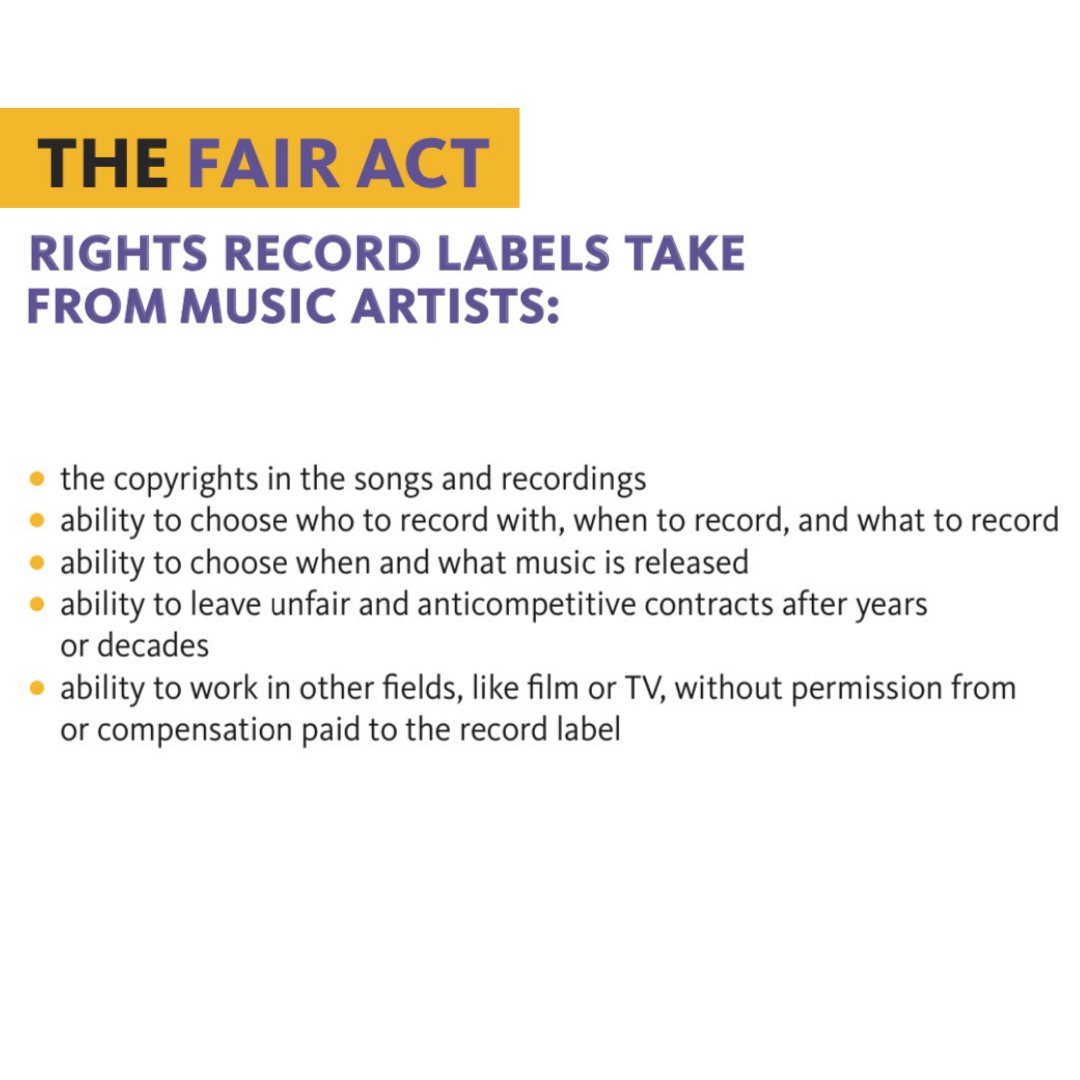


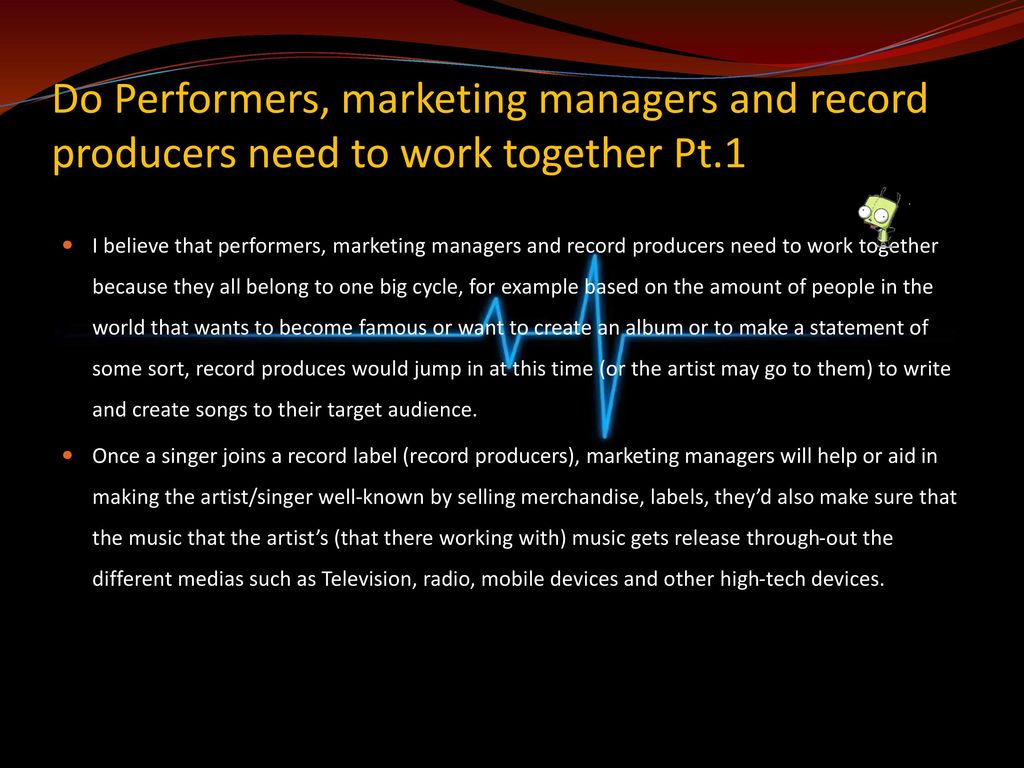
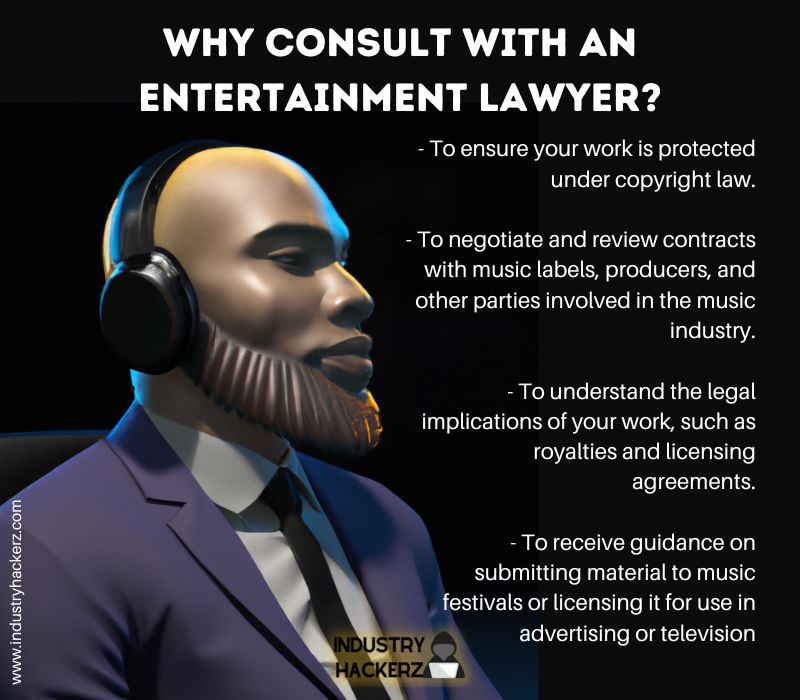
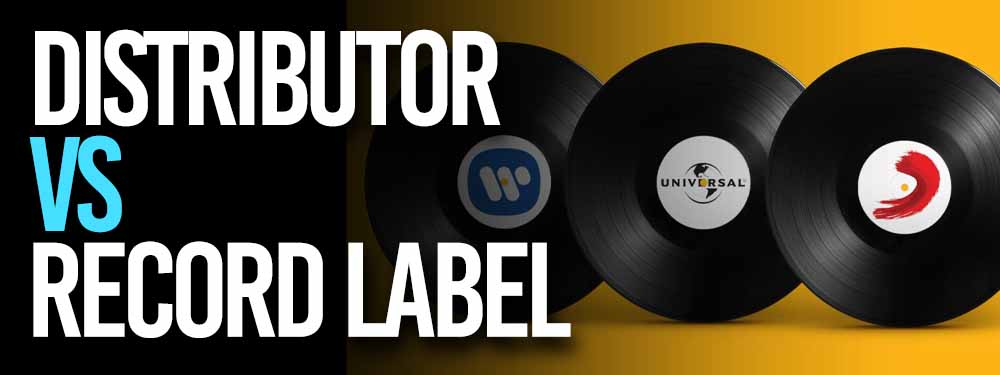


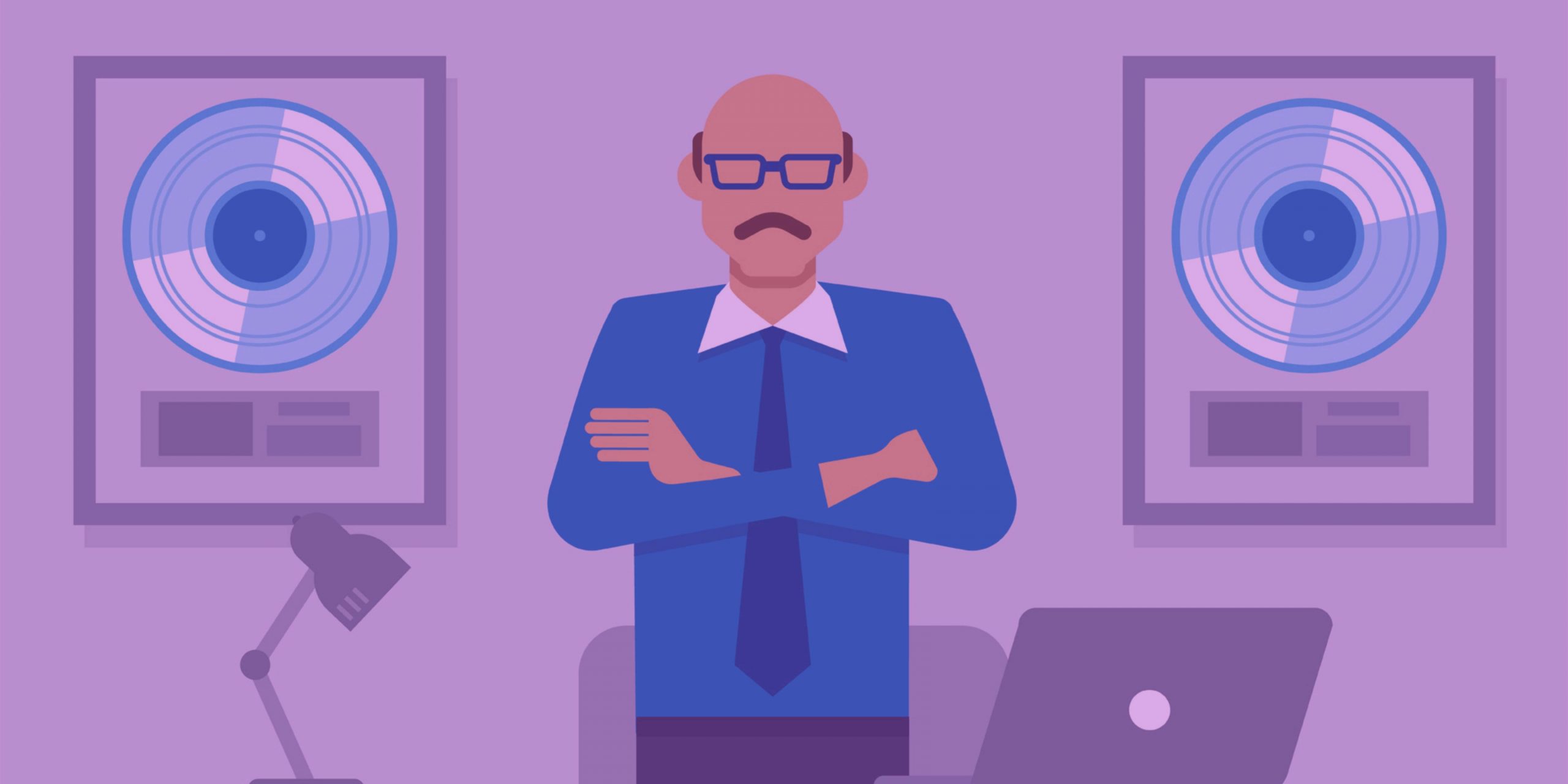
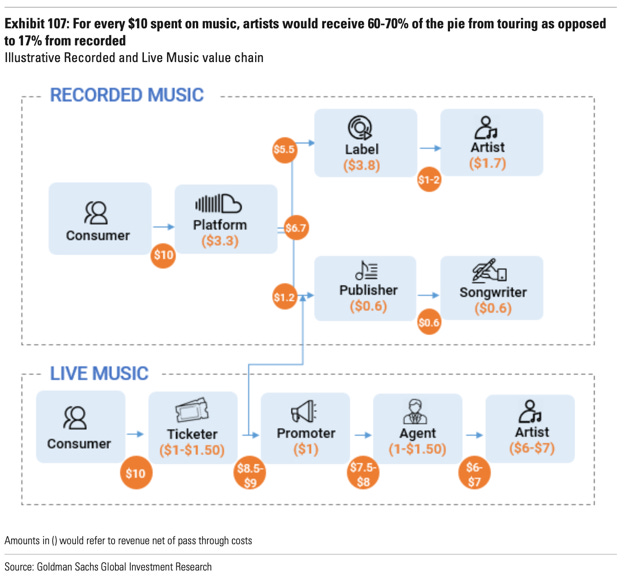

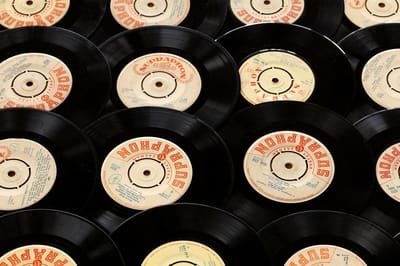
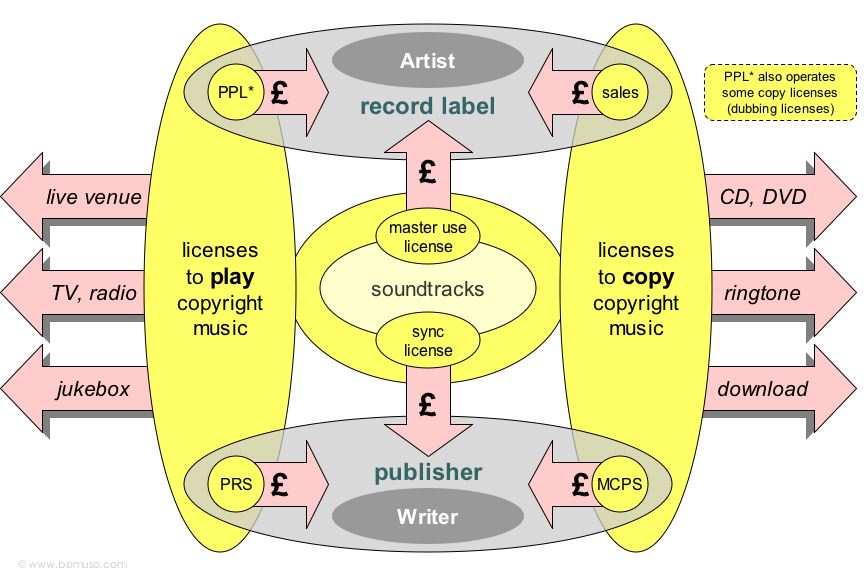

:max_bytes(150000):strip_icc()/GettyImages-597201649-574382e83df78c6bb023af1e.jpg)

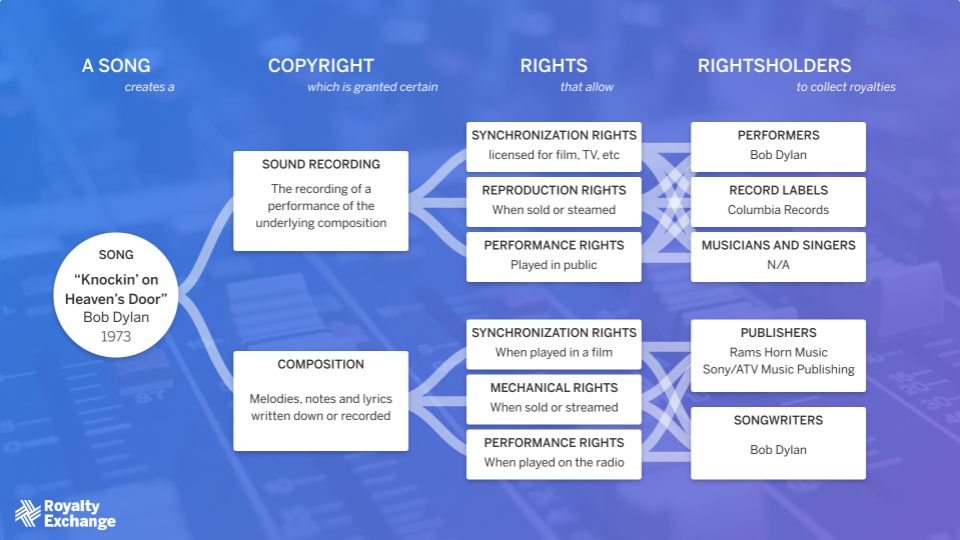


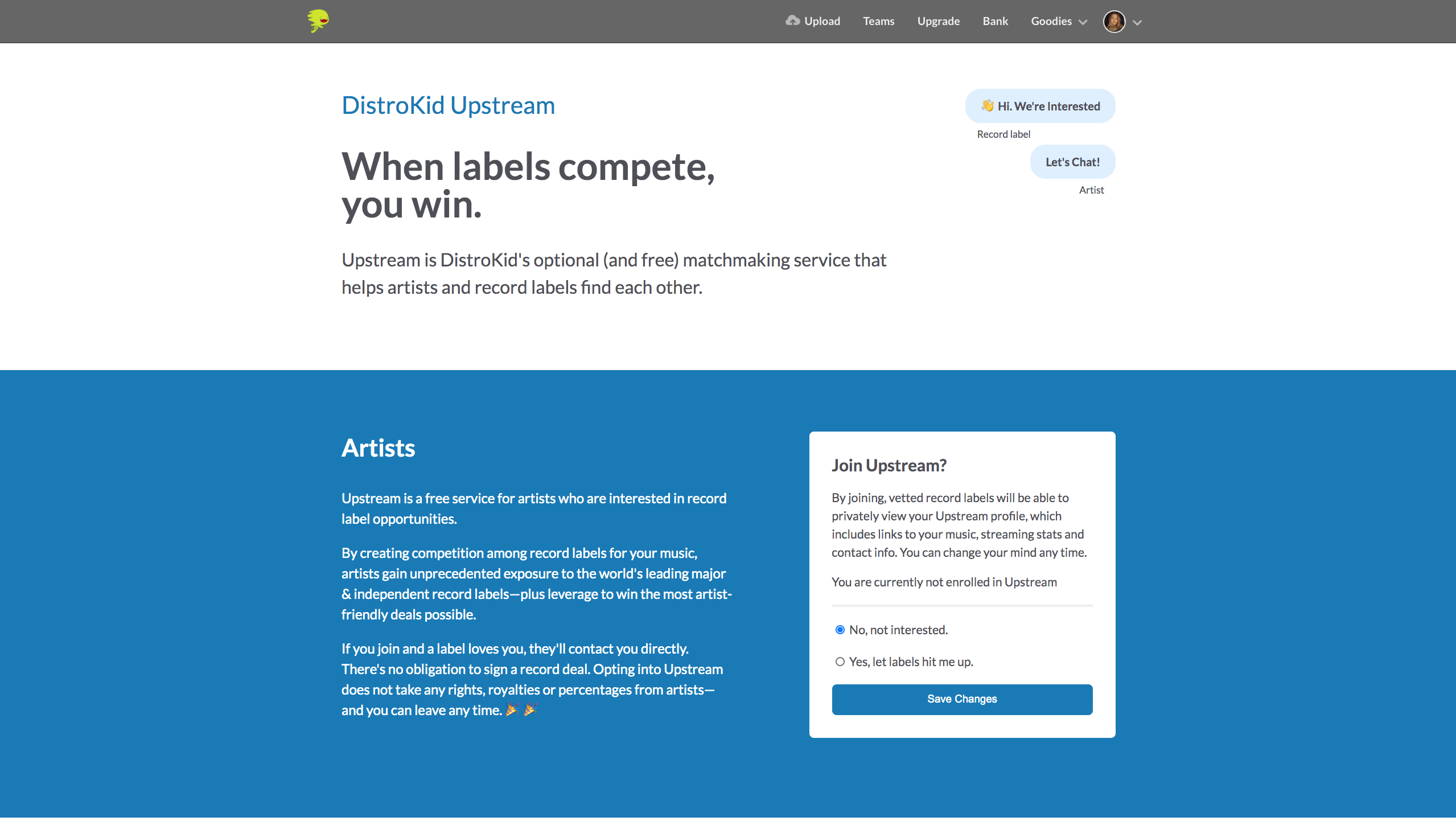



Post a Comment for "39 how music labels work"